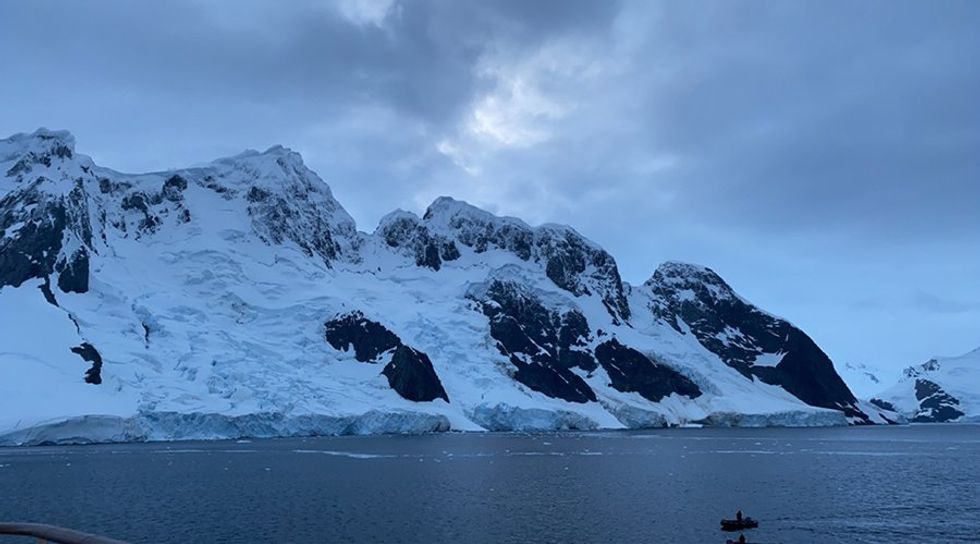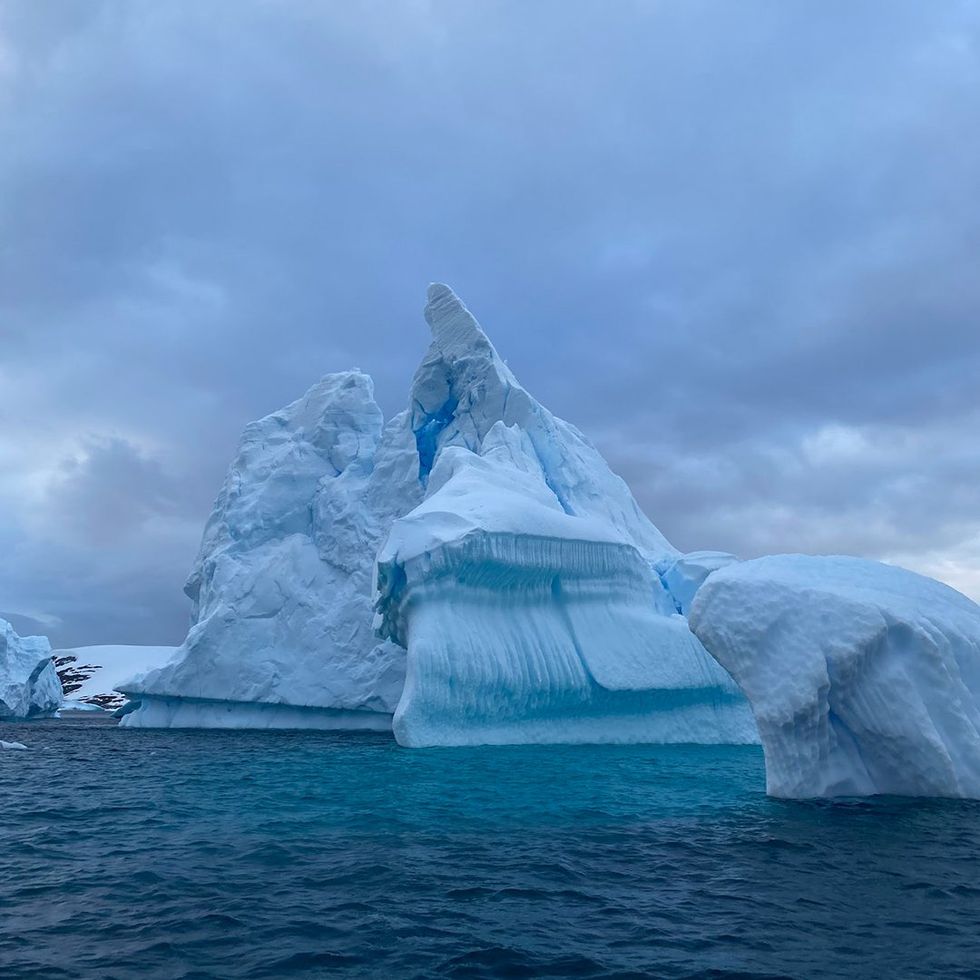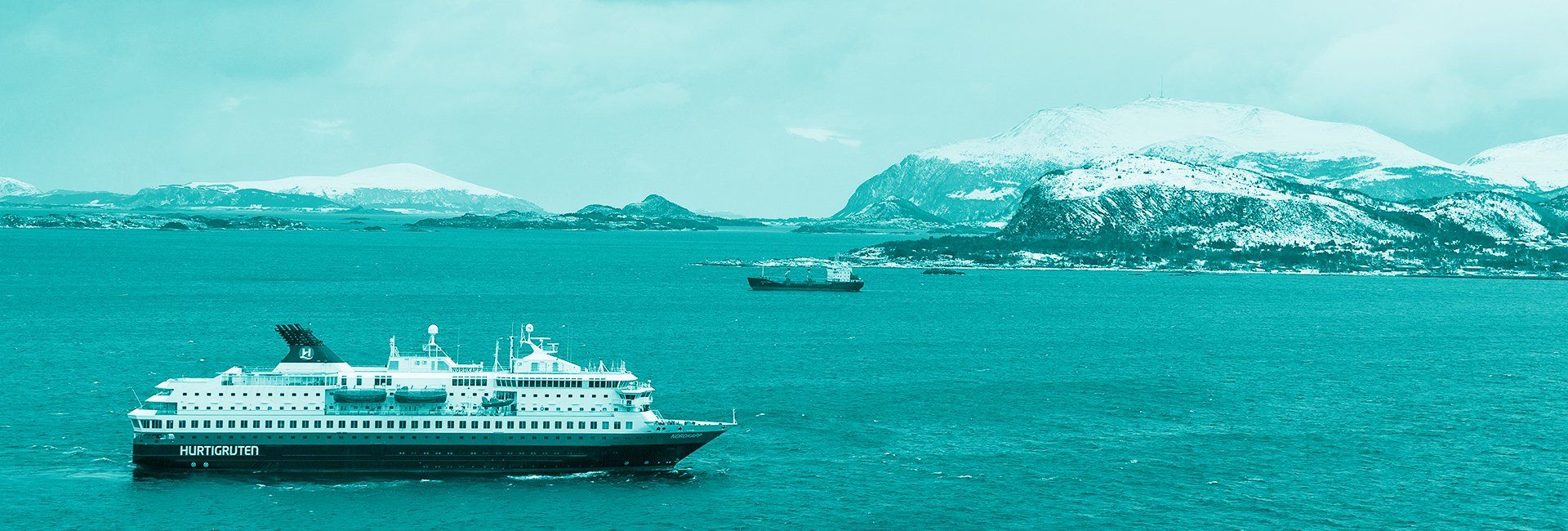As the first cruises of the Antarctic tourist season prepare for departure this month, fresh questions are being raised as to how the booming tourist numbers will impact these remote frozen ecosystems.
The most recent tourist season, from October 2022 to March 2023, saw more than 100 000 tourists sail into the region on more than 50 separate cruises, as post-pandemic travel resumed in earnest.
Dr Olaf Meynecke, a marine ecologist with Griffith University, was part of the 2023 Antarctic Climate Expedition, a 100-strong scientific contingent who visited the continent in February and had the opportunity to observe tourist boats around the West Antarctic Peninsula. The ships were all concentrated within the same region, Meynecke said, an area which contains many delicate ecosystems.
Meynecke, who founded the Gold Coast-based not-for-profit research organisation, Humpbacks & High-rises, and has spent more than a decade monitoring the annual east coast migration of humpback whales, outlined some the impacts tourism will have on whales in the Antarctic region.
'If there is 100,000 people able to go I mean, what's going to stop another 100,000 people to go.'
“The sound of the engines ... in the small region of the West Antarctic Peninsula — where the majority of tourism operations are happening — is definitely a problem for the communication between the whales which then increases their stress levels and may lead to unsuccessful feeding in some instances,” he told Newsworthy.
“The other impact is of course pollution, there is a release of microplastics, not from the release of rubbish that they're dumping out, but there's always rubbish and microplastics accidentally coming off the boats.

Once seen as an inaccessible destination, in recent decades, tourist numbers have been inexorably rising. In 2000, close to 15,000 tourists made the sea voyage, by the 2009-2010 tourist season, more than 37,000 people visited Antarctica. In 2022-23, that number had topped 100,000.
Coming out of COVID-19 restrictions, Hanne Nielsen, a lecturer in Antarctic law and governance at the University of Tasmania, told the Guardian “a mad scramble to book the different slots” by operators has been triggered.
“On one hand, tourism can be beneficial for conservation and it has proven to be beneficial in many regions,” Meynecke said. “The downside is, there's this destructive element to it … everything that we do has an impact.”
Tourism has some benefit. It gives tourists a wider appreciation for the region and a more sympathetic understanding of environmental issues, including climate change, as they witness impacts to the region first hand. However the carbon emissions it requires to charter these ships is extremely costly, Meynecke said.
Researchers Elizabeth Leane and Anne Hard wrote in The Conversation “as tourism grows, so will environmental impacts such as black carbon from cruise ship funnels. Tourists can carry microbes, seed and other invasive species on their boots and clothes.”

Antarctica is already struggling under the onslaught of warming oceans. In 2020, a study published in Nature journal identified 60 per cent of ice shelves in Antarctica were at risk of fracture. In September 2023, satellite imagery revealed sea ice surrounding the continent at "mind-blowing lows" compared to previous recorded winter levels.
Although there are some regulatory protections through The Protocol on Environmental Protection to the Antarctic Treaty, the growth of tourism makes it harder to strictly enforce them. Meynecke believes “there needs to be a limit, in terms of how many people are allowed to visit”.
The Antarctic and Southern Ocean Coalition (ASOC), a global coalition of environmental non-governmental organisations, argues cruise tourism will continue to put pressure on an environment which is already under significant strain from climate change. ASOC has called for a review of current regulations and for Antarctic Treaty nations to implement instruments to minimise environmental risks.
Meynecke says with an increase in tourism and a growing accessibility and demand for it, the need is there for more regulations. “There is a need for the sustainable tourism, where we really are only undertaking those trips that are least impactful,” he said.
Moving forward, there is a growing need for revised regulations to control the growth of the Antarctic tourist industry. “If there is 100,000 people able to go I mean, what's going to stop another 100,000 people to go,” Meynecke said.
Natasha Abhayawickrama was invited to join the Antarctic Climate Expedition 2023 because of her work as a youth climate activist. She paid a reduced fee for the trip.






